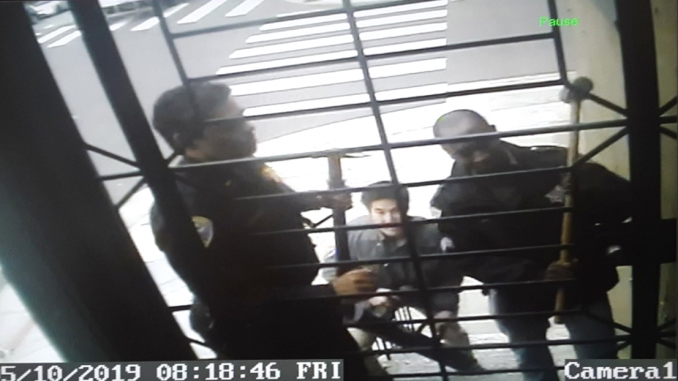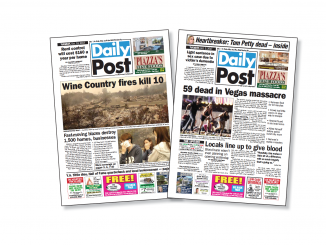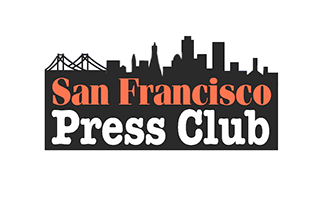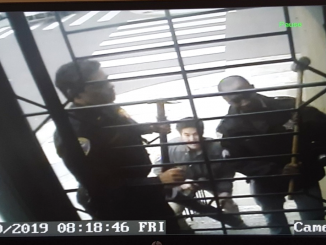
By the Daily Post staff
Pressure is building on the San Francisco Police Department over its raid of a journalist’s home and office in an attempt to discover his source of an embarrassing police report about the death of the city’s public defender, Jeff Adachi.
Police last Friday (May 10) used a sledgehammer to break into the home of Bryan Carmody, a freelance journalist who sold stories to three TV stations about Adachi’s death on Feb. 22. Then they handcuffed him for six hours and seized his phones, computers, notebooks and other items.
Police raided his home and office to find out who leaked a police report that said Adachi died in the presence of a woman who was not his wife. Adachi had cocaine and alcohol in his system.
Won’t reveal source
Carmody is refusing to divulge his source of the police report.
On Thursday (May 16), there were new developments in the case:
• Carmody’s attorneys filed a motion to have a San Francisco Superior Court Judge void the search warrants that allowed police to raid his home and office. His lawyers asked the judge to return the 68 items seized by officers. The motion will be heard Tuesday by Judge Samuel Feng.
• The First Amendment Coalition filed a motion to unseal the two search warrants used in the raids, saying they’re illegal under California’s Shield Law for journalists, which allows reporters to refuse to identify their sources.
“Why two judges authorized those warrants — which appear to be illegal under both California and federal law — remains a mystery since the police department’s applications for the warrants are under seal in San Francisco Superior Court,” the coalition said in a statement. “The now-secret applications should shed light on whether police informed the judge that Carmody is a journalist, which in turn would make clear whether the judges simply ignored that key fact, or whether they never knew it.”
The coalition’s motion, which was supported by the Reporters Committee for Freedom of the Press and the Northern California chapter of the Society of Professional Journalists, argues that California law requires the warrant applications to be public — and that they should have been public immediately after police informed the court they had executed the warrant.”
• And the San Francisco Press Club issued a statement rebuking police for the raid and demanding a full investigation. The Press Club, an organization made up of reporters, editors, producers and other media professionals, also called on police to return all materials taken from Carmody.
‘Embarrassed and angry’
“We realize that many in leadership positions in San Francisco are embarrassed and angry that the circumstances surrounding Adachi’s death were publicly disclosed,” the Press Club said in a statement. “But that doesn’t justify storming a reporter’s home, seizing his documents and equipment, and handcuffing him for six hours. The raid on Carmody’s house and office is a grotesque violation of the law that is intended to protect freedom of the press, a pillar of our democratic republic.”
The Press Club said the raids were an attempt to intimidate a journalist.
Both Police Chief Bill Scott and Mayor London Breed have defended the raids, saying officers followed the law to obtain the search warrants.
Still, many in San Francisco government are upset that the details of Adachi’s death were revealed publicly. For instance, San Francisco Police Commissioner John Hamasaki told Channel 5 the leak was an “appalling” attack on Adachi and his family.
Only a fraction of the local news stories covered by the Daily Post appear on this website. To get all the local news, including many stories you can’t find online, pick up the Post every morning at 1,000 Mid-Peninsula locations.




Ha ha. The liberal/progressives in SF are the first ones to attack Trump for calling out CNN, the NYT, etc. Then we get to see what they really think about freedom of the press.